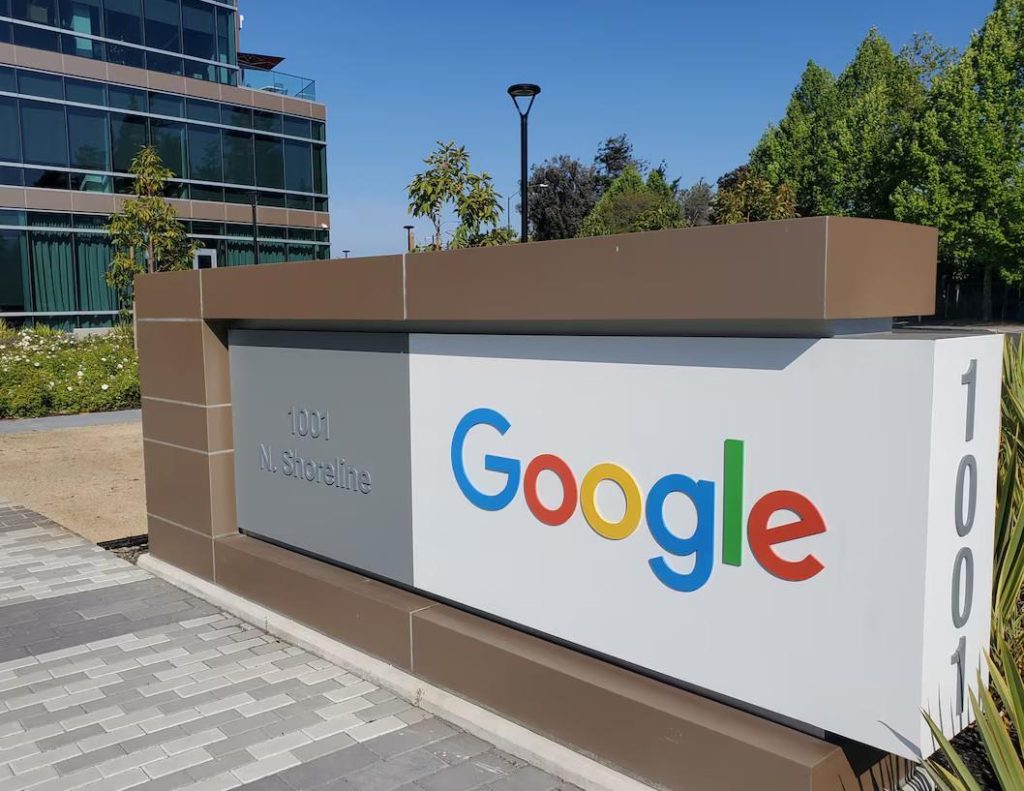
DOJ’s Proposal Would Harm US in Global Race with China: Google
The ongoing Search antitrust case has taken a new turn, with Google expressing its concerns over the proposed remedies put forth by the Department of Justice (DOJ). The search giant has argued that the proposed measures would not only harm the US economy but also hinder its ability to compete with China in the global technological landscape.
In a recent statement, Google emphasized that it is in a race with China to become the leader in the next generation of technology. The company highlighted the growing importance of emerging technologies like artificial intelligence, machine learning, and natural language processing, which are driving innovation and competition globally.
“We’re in a race with China for next-generation technology leadership,” Google said. “With new services like ChatGPT (and foreign competitors like DeepSeek) thriving, DOJ’s sweeping remedy proposals are both unnecessary and harmful.”
The DOJ’s proposed remedies, which aim to address concerns over Google’s dominance in the search engine market, include measures such as requiring the company to spin off its advertising business, separating its search engine from its advertising business, and imposing restrictions on its ability to acquire other companies.
However, Google argues that these measures would harm the US economy and stifle innovation. The company claims that the proposed remedies would make it difficult for it to compete with Chinese companies, which are rapidly advancing in the field of artificial intelligence and machine learning.
Google’s concerns are not unfounded. China has made significant strides in recent years in developing its own AI ecosystem, with companies like Baidu, Alibaba, and Tencent investing heavily in AI research and development. The Chinese government has also launched initiatives to promote the development of AI and machine learning, including the establishment of AI research centers and the provision of funding for AI startups.
In contrast, the US has been experiencing a slowdown in AI innovation, with many startups and research institutions facing challenges in securing funding and resources. The proposed remedies, Google claims, would only exacerbate this trend by limiting its ability to invest in AI research and development.
Google’s concerns are not limited to the AI industry alone. The company argues that the proposed remedies would also harm the US economy by stifling innovation and competition in the broader technology sector. The company claims that the remedies would make it difficult for it to acquire other companies, which would limit its ability to innovate and compete with Chinese companies.
The proposed remedies, Google argues, would also harm the US economy by creating uncertainty and instability in the market. The company claims that the remedies would make it difficult for it to plan for the future, which would limit its ability to invest in new technologies and hire new employees.
In conclusion, Google’s proposal highlights the importance of innovation and competition in the technology sector. The company’s concerns over the proposed remedies are not unfounded, and the proposed remedies would likely have negative consequences for the US economy.
As the antitrust case continues to unfold, it is essential for policymakers to consider the potential consequences of the proposed remedies. It is clear that Google is in a race with China for next-generation technology leadership, and the proposed remedies would only hinder its ability to innovate and compete.






